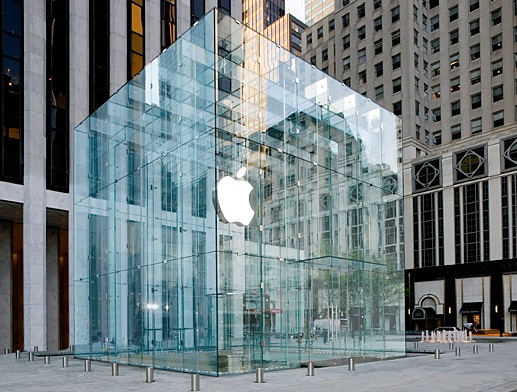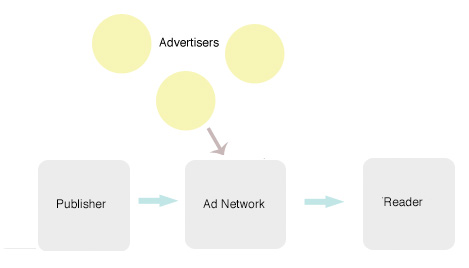The writer Toby Young tells a story about how the modern 100m race is run in primary schools. At the starting pistol, everyone runs like mad. At the 50m point, the fastest children stop and wait for the fatties to catch up. Then all the youngsters walk across the finishing line together, holding hands.
I have no idea if this is true – it may well be an urban myth. But the media class’s newly acquired enthusiasm for teaching all children computer programming is very similar.
Speaking as a former professional programmer myself, someone who twenty years ago was at the hairy arse end of the business working with C and Unix, I can say this sudden burst of interest is staggeringly ignorant and misplaced. It’s like wearing a charity ribbon to show how much you care. And it could actually end up doing far more harm than good.





